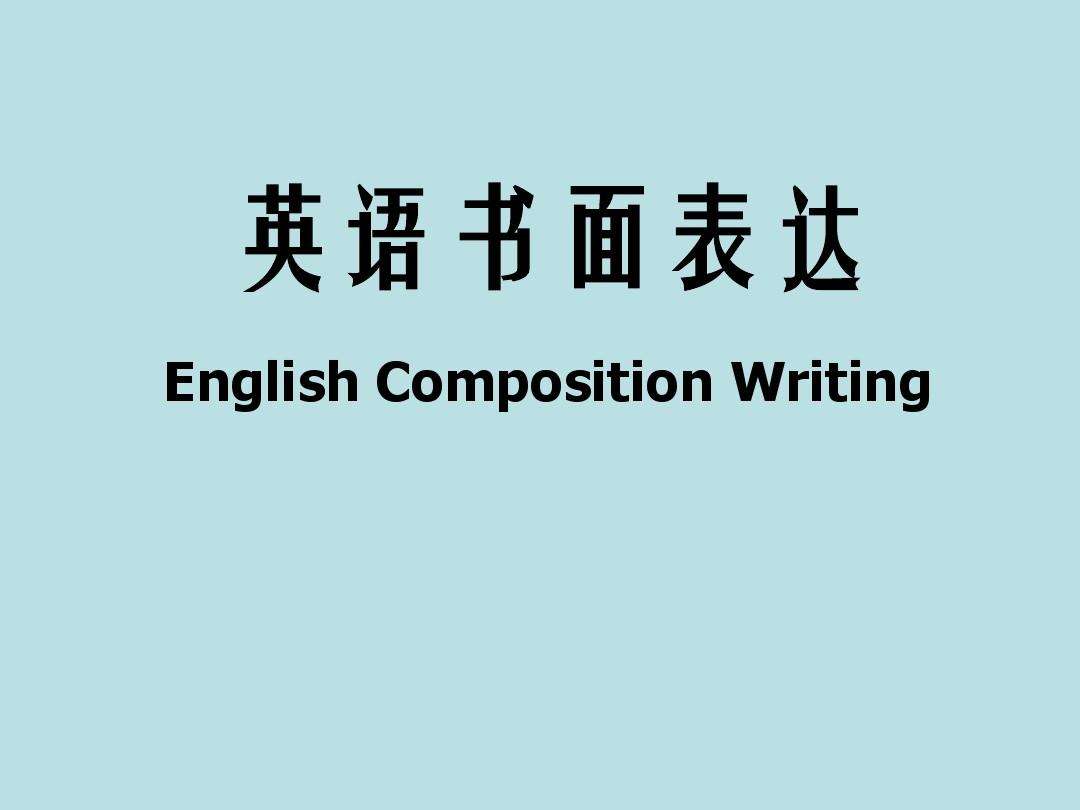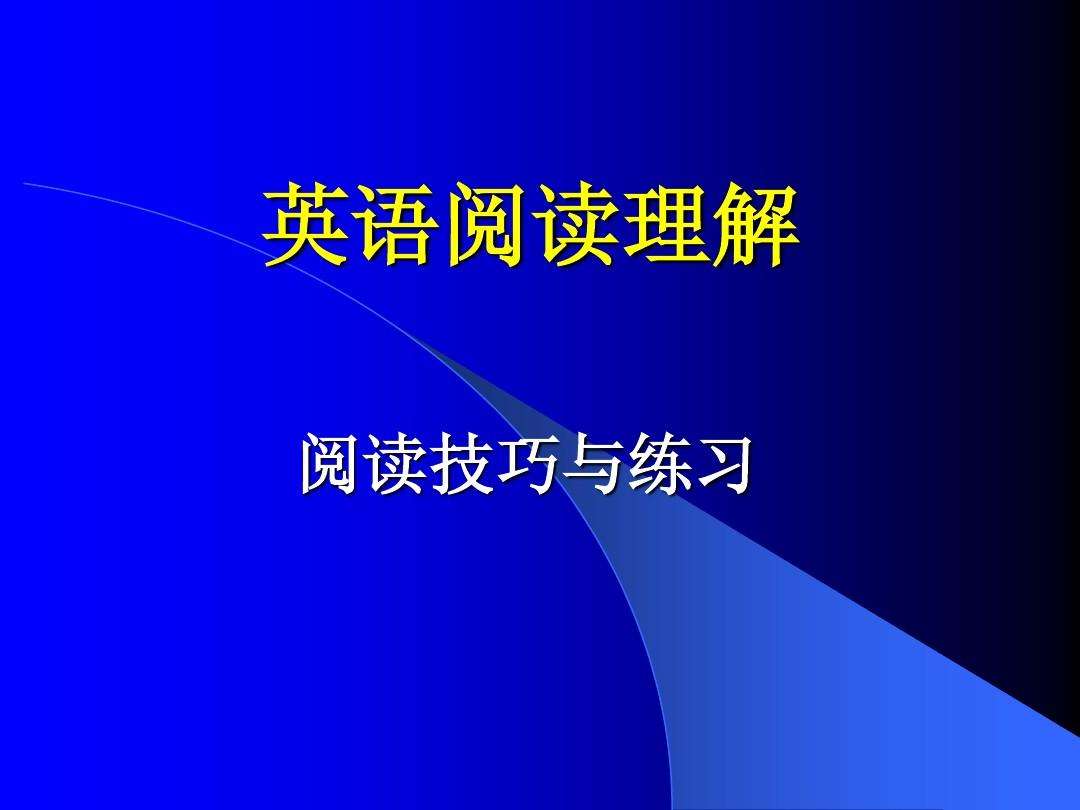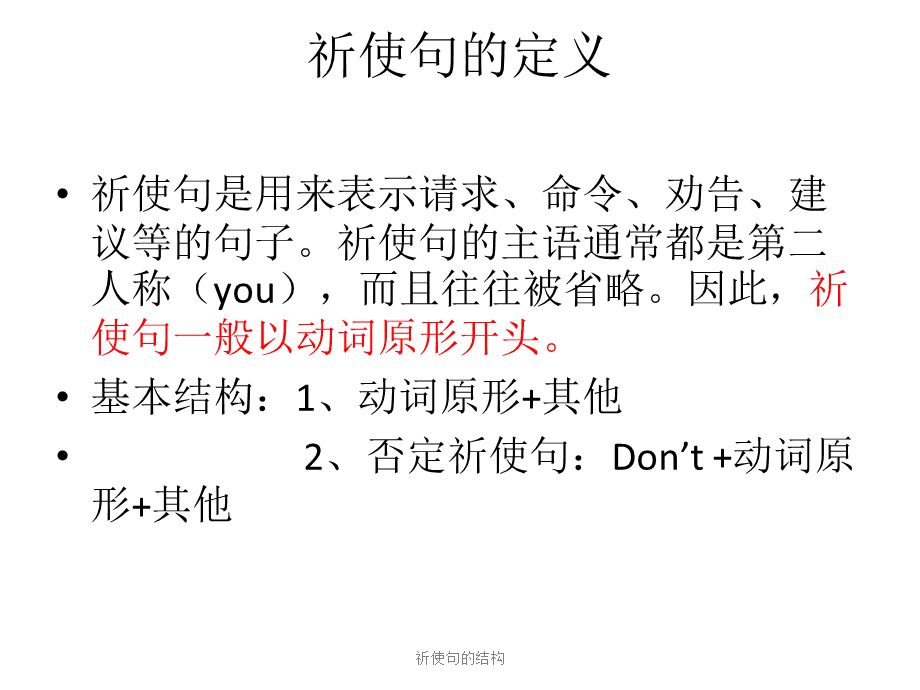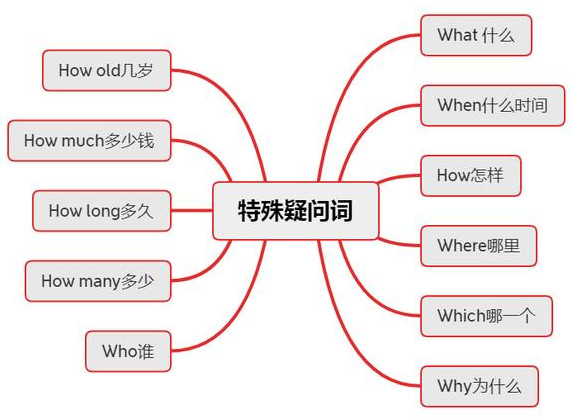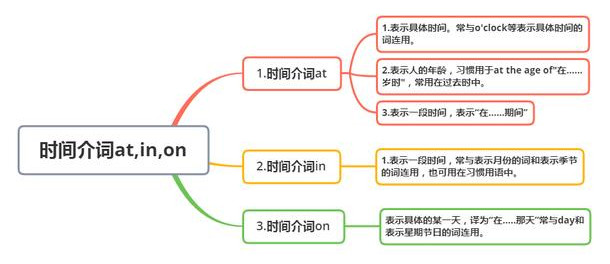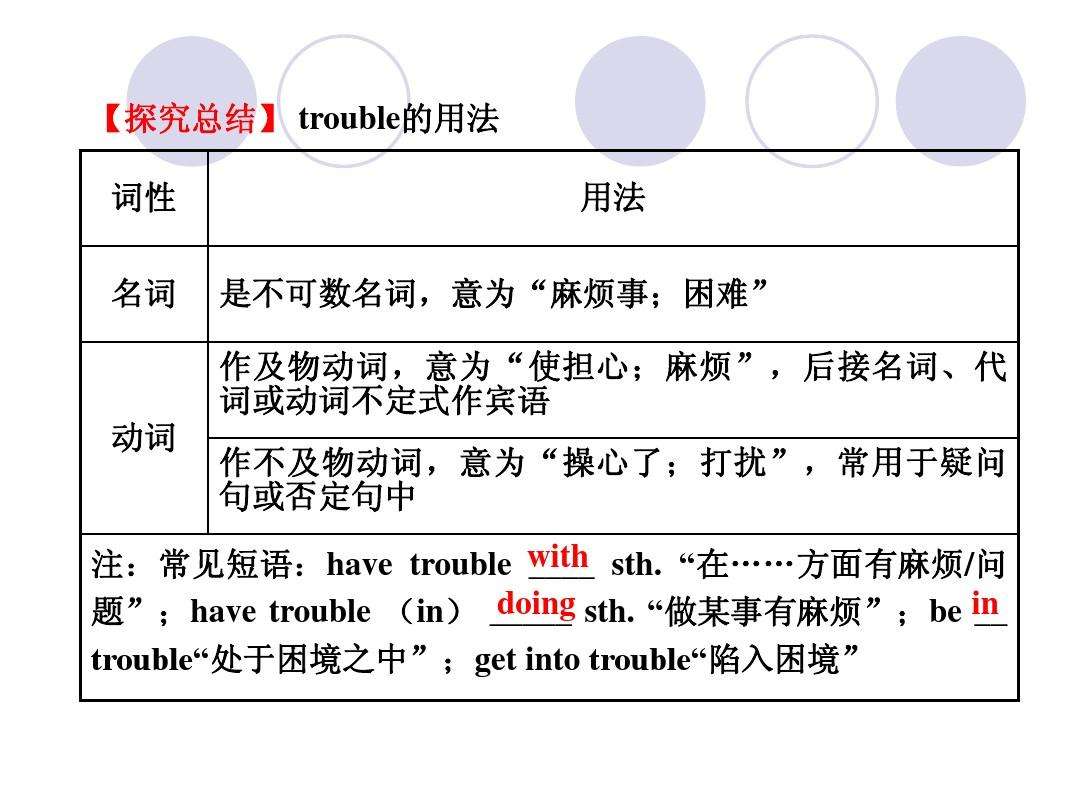| 宜城教育365速发国际靠谱么_365bet亚洲官方网址_预付365商城下载网www.bjtlcd.com 状语从句有哪几种
⑴时间状语从句:主要连词有when / while / as 当……时,since自从(……到现在),until/till直到……, as soon as一……就。如:When Simon arrived, Amy was reading a book.
⑵条件状语从句:主要连词有if如果。如:If we grow more bamboo, giant pandas will have more food.
⑶原因状语从句:主要连词有because, since既然,as由于。如:Since everyone is here, let’s begin the meeting.
⑷目的状语从句:主要连词有so that以便;为了。如:Please speak slowly so that we can follow you.
⑸结果状语从句:主要连词有so that结果是,so/ such…that…如此……以至于……。如:Everything there was so beautiful that I wanted to live in it.
⑹让步状语从句:主要连词有though / although。如:The air is around us, though we can’t see it.
⑺比较状语从句:主要连词有than, as…as…, not so/as…as…。如:Mike is taller than you.
⑻方式状语从句:主要连词有as像;如。如:We did as the teacher told us to.
⑼地点状语从句:主要连词有where在那里。如:Where there is a will, there is a way.

状语从句用法归纳
1. 状语从句概说
状语从句即指在主从复合句中用作状语的从句。状语从句根据其用途可分为时间状语从句、地点状语从句、原因状语从句、结果状语从句、目的状语从句、条件状语从句、方式状语从句等:
When she saw this, she turned red. 她看到这时脸红了。(时间状语从句)
He was angry because I was late. 他很生气因为我迟到了。(原因状语从句)
If you come, he'll be pleased. 如果你来,他会高兴的。(条件状语从句)
He was so angry that he couldn't speak. 他气得话都说不出来。(结果状语从句)
Although he is poor, he’s happy. 虽然穷,但他仍很快乐。(让步状语从句)
You must do as I tell you. 你必须按我告诉你的去做。(方式状语从句)
Put it where you can reach it. 把它放在你可以拿到的地方。(地点状语从句)
Speak clearly so that they may understand you. 讲清楚些,以便他们能理解你。(目的状语从句)
【注】各类状语从句引导词的用法及区别详见本书“连词”一章。
2. 状语从句的时态
在时间状语和条件状语从句中,通常要用一般现在时表示将来意义,而不能直接使用将来时态:
Tell him as soon as he arrives. 他一来就告诉他。(不能用will arrive)
I won't go if it rains tomorrow. 要是明天下雨,我就不去。(不能用will rain)
【注】有时也可见到 if you will 这样的说法,但那不是将来时态,而是表示意愿或委婉的请求(此处的 will是情态动词):
If you will wait a moment, I'll fetch the money. 请等一下,我就去拿钱。
3. because习惯上不与so连用
汉语习惯上说“因为…所以…”,但英语习惯上却不能将 so与because 连用:
因为下雨,所以我们呆在家里。
误:Because it was raining, so we stayed at home.
正:Because it was raining, we stayed at home.
正:It was raining, so we stayed at home.
4. (al)though习惯上不与but连用
汉语中可说“虽然…但是…”,但按英语习惯,通常不能说although…but或though…but:
虽然很危险,但我要试试。
误:Although it is dangerous, but I will try.
正:Although it is dangerous, I will try.
正:It is dangerous, but I will try.
5. 状语从句与省略
为了简洁起见,有的状语从句(如时间状语从句、条件状语从句等)有时可省略从句的主语和部分谓语(尤其是当从句主语与主句主语一致,且从句谓语包括有动词be时):
She fell asleep while (he was) doing his homework. 他在做作业时睡着了。
He kept silent when (he was) asked why he was late. 问他为什么迟到,他一言不发。
Although (it was) built 100 years ago, the bridge is very strong. 虽然建于100年前,但这桥还是很牢固。
【注】有些由if构成的省略结构,已属固定短语,如if any, if necessary, if possible, if not, if so:
There are few, if any, mistakes in that book. 那本书就是有错误也不多。
If necessary, ring me at home. 如果必要,可以打电话到我家找我。
If possible, I wish to go there next summer. 如果可能,我希望明年夏天去。
He may be busy. If so, I'll call later. If not, can I see him now? 他可能很忙,要是这样,我以后再来拜访。要是不忙,我现在可以见他吗? 宜城教育365速发国际靠谱么_365bet亚洲官方网址_预付365商城下载网www.bjtlcd.com |






